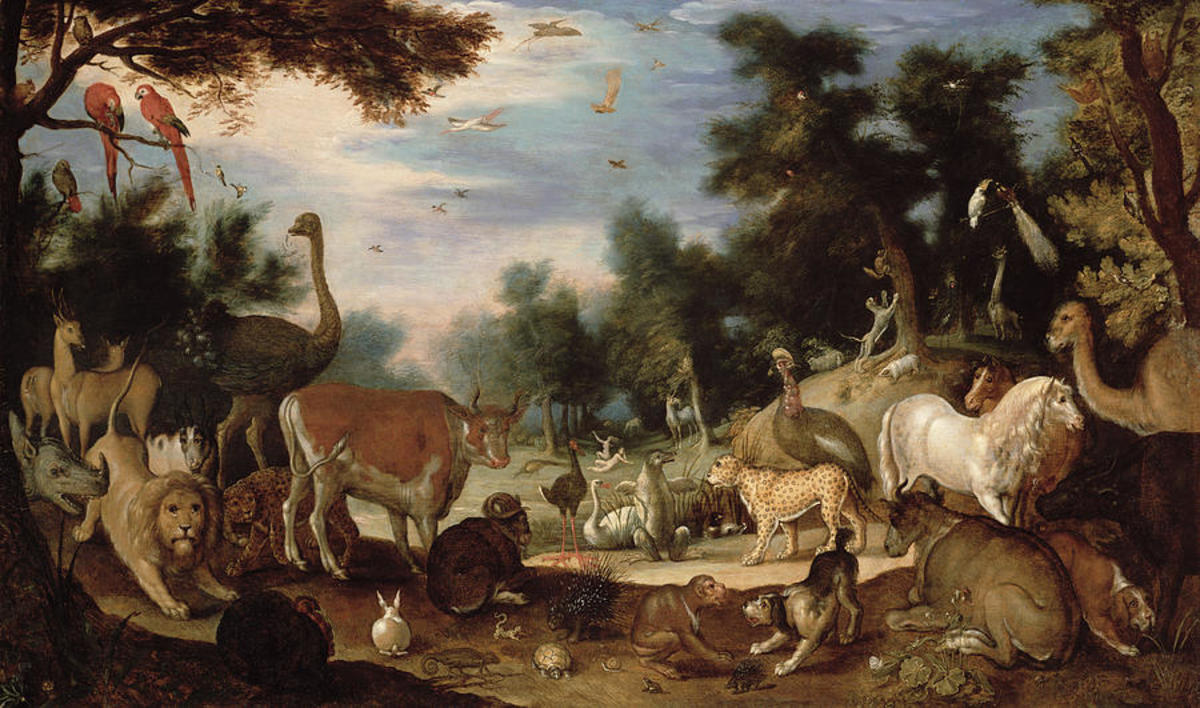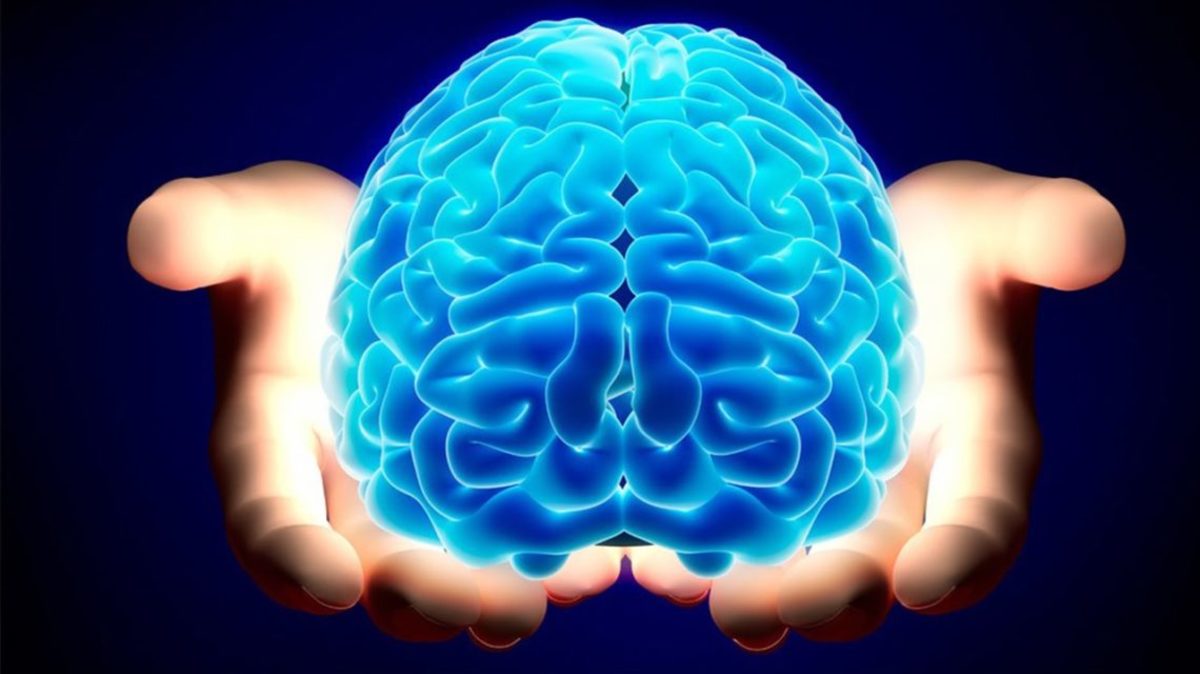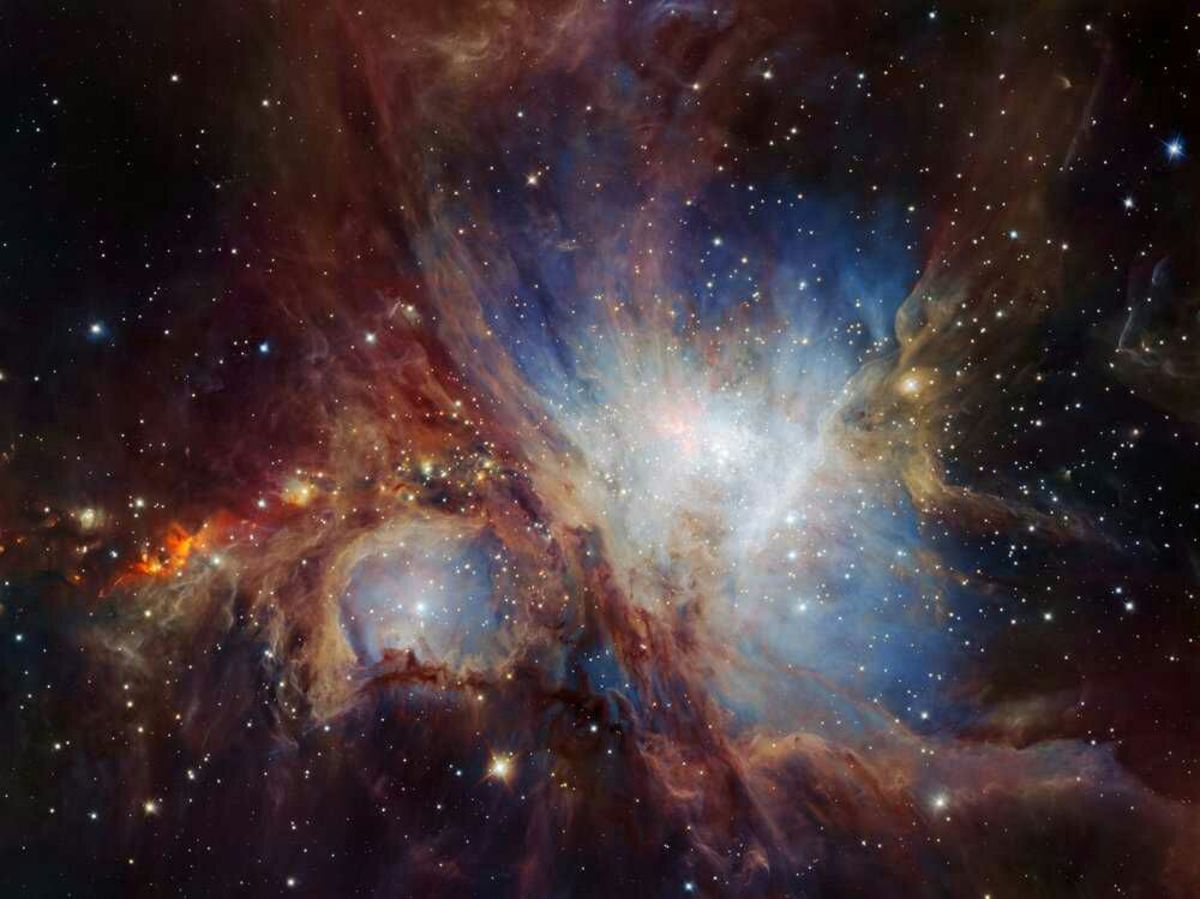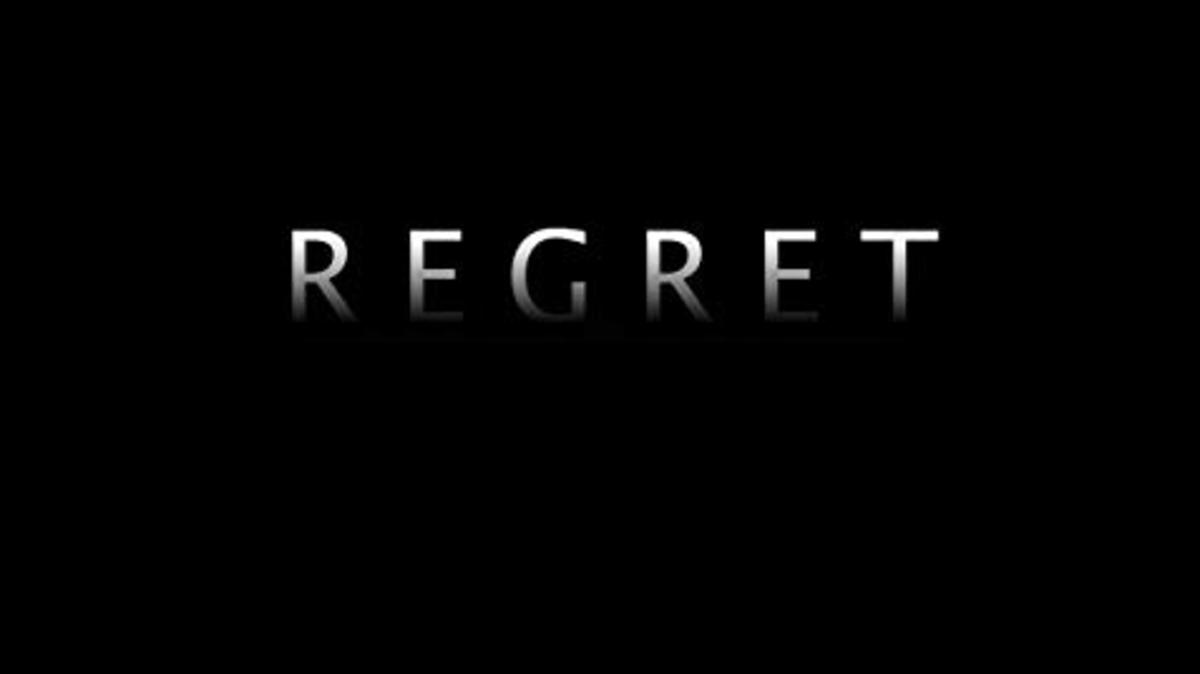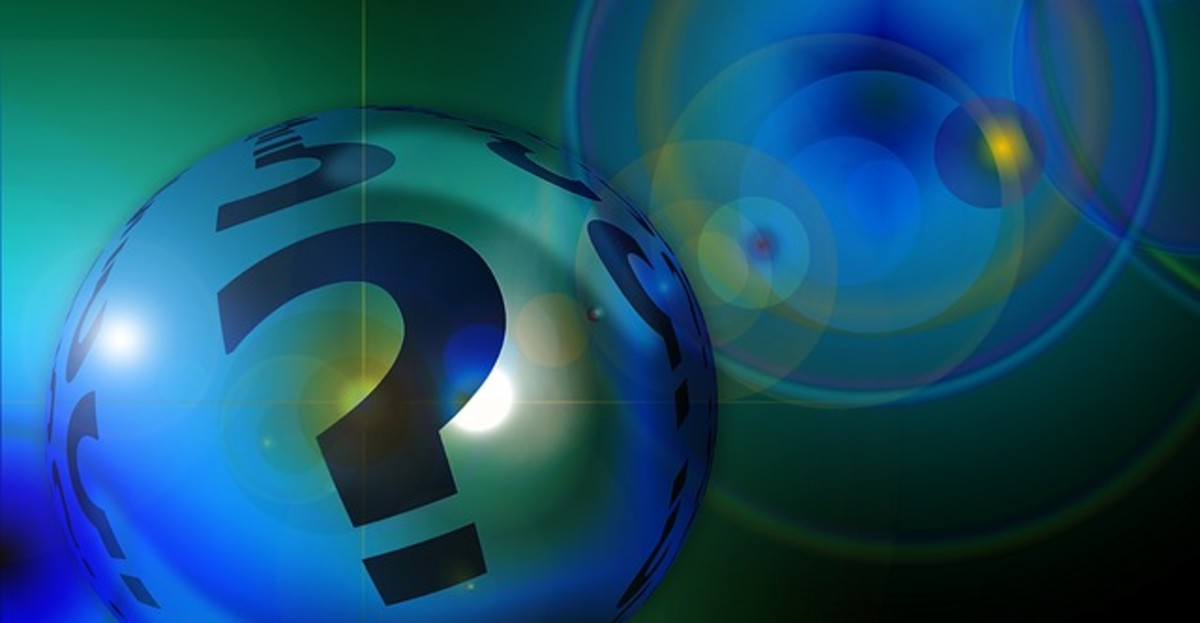The Science delusion.
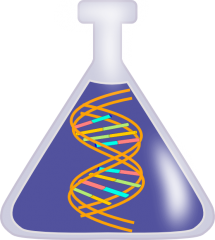
For some years now I’ve been hearing about the science delusion. Is it true? Or is it just a ploy by the religious to counter what Dawkins calls militant atheism?
There are several points the proponents of the science delusion sight as proof that science has become a religion:
The assertion is: Science claims to already know the nature of reality in principal, leaving only the details to be filled in.
Science is a religion. People say: I don’t believe in god, I believe in science. In other words it’s a world view. A materialist world view.
Rupert Sheldrake tells us there are 10 dogmas of science which have limited it, and in fact tainted it.
1 Nature is mechanical and machine like. Humans are machine like, as are brains
2 Matter is unconscious. Animals aren’t conscious and we shouldn’t be either and probably aren’t.
3 The laws of nature are fixed. They can’t change.
4 The total amount of energy and matter is always the same. It sprang from nowhere at the instant of the big bang.
5 There is no purpose in nature.
6 Heredity is material. It’s all about genes.
7 Memories are stored in the brain as material traces.
8 Your mind is in your head.
9 Telepathy and psychic powers can’t exist because the mind is just the brain and it can’t affect the outside world.
10 Mechanistic medicine is the only real medicine.
So, let me start by saying I do agree that scientists can be dogmatic, so can people who think they know science and that is a bit of a danger. So what is it about science that allows it to become dogmatic? Scientists. Human beings. Media, Public understanding. In other words: science isn’t dogmatic, people are.
The scientific method is anything but dogmatic. And so what makes some scientists fall to dogma? Answer in a nut shell: Belief.
Belief is the enemy of science. There’s also convention, tenure , ego’s, old boys clubs etc. But belief is the main problem. People want certainty, desperately. For centuries we had absolute certainty. God or the gods, did their thing and who were we to even wonder about how it all works? We could never figure it out ourselves.
But we did wonder anyway, as is evidenced by books like Genesis and many other creation myths. So much so that early scientists and observers challenged religious ideas of nature and were proven right.
Then things became less certain. And as science grew and evolution reared it’s head, even god was in question.
For a while, after Newton, we thought we had certainty again.
The world ran like a clock work. It was mechanistic. Soon we’d know everything. And then two things happened that turned it all on it’s head. I say two, but it’s more like five. First, Einstein shocked the scientific world with relativity. Heisenberg and co gave us QM, and Hubble told us the universe isn’t static, it’s expanding. And then came Big Bang. That’s one.
Two is Lorenz, Mandelbrot, and perhaps a dozen others and their observations taken together suddenly formed a new science called chaos theory. That’s five.
Now we’re really uncertain as to what’s really going on so people hang on to the small certainties they think they have.
In debates and general conversations, you can see the belief some people have in such ideas as the many worlds theory, string theory, the Big Bang, etc.
Yet these theories are often not provable or more to the point, not falsifiable, and aren’t science fact.
A theory is a model created from facts. It’s an interpretation of observed or collected data from experiment. But it’s not a fact until it’s been proven by experiment. If it’s good it will usually predict something about reality. If it can’t be falsified even in principal, it’s just a guess.
So before I look at the so called ten dogma’s, let me say that there is nothing wrong with letting science form our world view. That is to say, to adopt the scientific method as a method for thinking about the world. It's the best tool we have to date. Part of that method being not having a stake in what the truth is.
Faith is the end of logic. Belief is never a requirement. Either something is a fact, or it’s a lie or guess. Believing a fact is redundant. We accept facts. But they have to be true facts. In fact, we can only accept them conditionally unless they are indisputable, like: I either ate an apple today or I didn’t. That’s an absolute fact. Or a tautology like: all black birds are black.
A lie certainly should not be believed, and speculation isn’t to be believed either. It is true or not, and requires evidence to back it up.
So, does science claim to have the basis or framework for reality? No. Scientists, not science, claim to have pieces of the puzzle, but few if any would tell us we have all the answers, or even close. We’ve known that isn’t true since Einstein. There are way too many competing interpretations for the facts we have.
Is science a religion? No. But that doesn’t stop people from using its findings to help them understand the universe and help form their world view. And there are religions like scientific pantheism that do exactly that. But science is a method, a tool. It can’t be a religion.
So to dogma number one: Nature is mechanical and machine like. Humans are machine like, as are brains.
I do hear that from some scientists and philosophers, but it’s not exactly true. Biology is decidedly dynamic. Not what we think of when we say machine like. A car is a bunch of metal and glass etc, with no idea what it is or does. We put it together in such a way that we can fill it with gas and drive around. A car doesn’t do anything without an operator. Neither does any other mechanical machine.
Biology is complex and dynamic. It’s the operator, not the machine. But that doesn’t imply a supernatural element to nature, which is what most scientists are saying when they say mechanical.
Nature, which we are part of, is endlessly creative and complex. Anything but machine-like.
Yes, everything follows the laws of physics, which aren’t laws at all, but rather the nature of nature. But that nature facilitates all we see including biology. Without limits/order nothing can function at all.
So the problem is the idea of a supernatural. Surely it too would have order/limits or it couldn’t function. So in light of the supernatural not being falsifiable even in principal, we can’t factor it into scientific inquiry and have to keep looking to the natural for information.
What scientists and philosophers should do is: stop saying mechanical when we mean natural.
“Matter is unconscious. Animals aren’t conscious and we shouldn’t be either and probably aren’t.”
I’ve never heard scientists say any such thing. But again, semantics get in the way here.
Consciousness is self evident. No one needs to prove it exists, just how it works in detail. But what is consciousness? Being awake? Being able to reason? Self awareness? So many definitions, so many aspects. Yet at its root, its complex awareness.
All biology is aware. Were a bacteria not to have even rudimentary awareness, it would keep bumping its head on the same obstacle and never get to its food, or take care of its needs. So to say animals aren’t aware is absurd.
Is matter aware in any way? Why should it be? It doesn’t need to be. And what is meant by matter? An atom? It has a nature. Auto response.
I do think auto response is the precursor to awareness. But that’s a model that still needs to be researched properly. But a precursor is not awareness itself, any more than rudimentary awareness is the same as human awareness/consciousness; and even though it’s all just a matter of degrees of complexity.
To say there is something other than energy and matter is to allude to a supernatural, and as there is no evidence a supernatural and some claim there can’t be, it can’t be added to our knowledge base in any meaningful way. So that objection is futile.
Are the laws of nature unchanging? Yes and no. Yes because experiment proves it. No, only in the sense that conditions can change and thereby change values. Water boils at 100 degrees C. Everyone knows that. But it’s not exactly that simple. It depends on altitude and purity. Additives may make water boil slower or faster. Altitude alters boiling point as well.
But if you replicate your conditions exactly, it will always give the same results. Speed of light is constant. Right? Only in a vacuum. Light moves slower through water, for instance. It bounces off things.
So yes, the nature of nature is constant. But it can be different in different conditions. Yet be constant in those conditions.
Is the total amount of energy in the universe always the same? Conservation of energy says yes. But it’s state alters. This is the basis of thermodynamics, which is a well tested and proven set of laws or natures of nature/physics.
Did it spring from nowhere at the start of the big bang? Hardly. The big bang is the most widely accepted theories of our origins. But it’s not alone. There are at least three other good competitors these days. And no tests have yet been done to prove it. Only mathematics.
Is it likely to be the answer? It’s a good theory, but unless it’s proven we can’t give it better than a good chance. Evolution is a fact. Big Bang isn’t.
So let’s say it is true. What does it say about energy? Well, it says the singularity was in an almost infinitely compressed state. What was? Some say all the matter in the universe. I’ve heard all the mater and energy in the universe. But I’ve never seen a version of the theory that says energy appeared from nothing.
I have heard recent claims from Hawking and Kraus that the universe came from nothing, but they are redefining nothing to be something. To be precise: quantum fluctuation. This supposed nothing spontaneously creates particle pairs which usually annihilate each other almost instantly. It’s well known that empty space is teaming with quantum activity.
It’s a kind of potential energy in the vacuum./ or fabric of space as Einstein said. Hardly nothing. Just apparently nothing. Not nothing at all. You can’t get something from nothing at all.
Einstein showed that matter has vast amounts of energy in it. He also said that matter was created not by mass, but by energy tensor density and momentum. That translates to dense energy below light speed creates matter. He also said:
“The mass of a body is a measure of its energy content.” Annalen der Physik 18, 639-641 (1905).
"It followed from the special theory of relativity that mass and energy are both but different manifestations of the same thing — a somewhat unfamiliar conception for the average mind. Furthermore, the equation E = mc², in which energy is put equal to mass, multiplied by the square of the velocity of light, showed that very small amounts of mass may be converted into a very large amount of energy and vice versa. The mass and energy were in fact equivalent, according to the formula mentioned before." Albert Einstein.
This was shown to be true experimentally by Cockcroft and Walton in 1932,.
And then there's: "We have been all wrong! What we have called matter is energy, whose vibration has been lowered as to be perceptible to the senses."
So all the matter of the universe is condensed energy. So the BB would have been super dense energy. All indications are this is the case if BB happened. So it didn’t create energy, it was energy. And all the serious competition begin with energy.
Thermodynamics tell us energy can’t be created or destroyed. It transforms from state to state.
Is it fact? Yes. It’s held up under testing for almost 100 years. So I’d say it’s highly probable.
Is there purpose to the universe? Are we talking objective purpose? Is that even a rational question? Purpose is a subjective thing. I have my own purpose, that being trying to figure out the universe. But that’s my subjective purpose. My wife sees my purpose quit differently, as does my employer, my kids, the tax man. But while I fill some of those purposes gladly, I don’t think the tax man’s purpose for me is any way my purpose. Even if I am fulfilling it like it or not. Same with a god’s purpose for me were there one. It’s not my purpose, even if it’s my function.
Only subjective things have purpose. There is probably no such thing as objective purpose, and if there is, like procreation, gene imperatives etc, while it’s fun, you’re usually not thinking about spreading your genes, and actively trying to prevent it in many cases.
If we need purpose, we make it for ourselves. A god doesn’t give you a purpose. What ever purpose it has for you is it’s purpose. You may willingly fulfill it, but others may not. Purpose relative to the individual, not universal.
Is heredity about genes? Partly. It’s about DNA, which is more than just genes. A lot of code regulates how genes are copied, spliced, and expressed. Mutations there can be far more serious for better or worse than gene mutation.
I’m not sure where the speaker thinks it could or should come from.
Are memories stored in the brain? Short of having a soul I can’t see anywhere outside the body they could be stored. The brain being the most logical place. Science can’t take souls into consideration. They don’t seem to be falsifiable. Not that people haven’t tried. Scientists have to study what can be studied.
Same goes for minds.
Psychic phenomenon may or may exist. But if they do they aren’t necessarily supernatural. And this has been studied at great length both in the US and Russia for obvious reasons. So far, nothing showing it’s a fact.
Dr Persinger, of the god helmet fame, thinks if your brain were tuned to the earth’s magnetic field, telepathy would be possible. But our brains aren’t tuned to it. Who knows? So far, telepathy is still speculative.
As to medicine: a couple hundred years ago going to the doctor was a risk. They often made things worse. In those days there only was alternative medicine. We’ve come a long way in a short time. So its little wonder the focus is on modern medicine. Not that it’s perfect by any means. But it’s more effective than faith healing by a long shot. Might non standard treatments work? Sure. And if they prove themselves they become accepted.
Criticism of science is fine. But the objections to it by people who talk about the science delusion are only doing to counter Dawkins book “the god delusion”. Trying to make the point that if belief in god is a delusion, so is belief in science.
In a sense any belief is potentially delusional. To accurately talk about science you have to be up on what science actually says, what is fact, what is almost fact through experiment, and what’s just an unproven or completely un-falsifiable interpretation/guess.
Media and the public need to be far more educated about science than they are. That would help a lot. There is no science delusion; only science ignorance. Particularly, but not confined to, the religious community and its interests.


